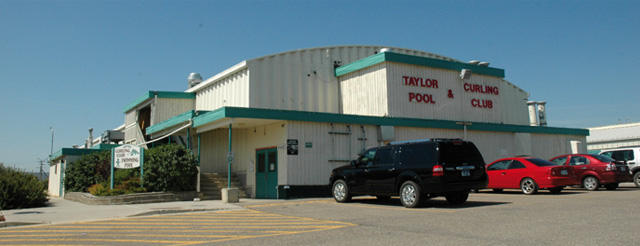
The District of Taylor is in the midst of upgrading its recreation facilities to maintain its goal to be a more health-conscious community, in part thanks to $30,000 in funding received from Northern Development Initiative Trust in 2013. This project builds on Taylor’s healthy community goals established after the town was featured on the CBC television series Village on a Diet in 2011. The funding was approved under the Community Halls and Recreation Facilities program to complete improvements at Taylor’s curling rink and pool.
Due to the fact that the building is approximately 40 years old, there were a variety of upgrades that were required to keep the facility in satisfactory operating condition. With funding from Northern Development and the District of Taylor, upgrades underway include the complete replacement of four furnaces, exterior improvements (including new siding, downspouts and fascia), kitchen improvements, multilevel flooring replacement and structural roof repair.
The Taylor Curling Club leases part of the facility in the winter, while the District of Taylor utilizes the other part of the complex as a pool during the summer months. The District of Taylor’s pool is open from May long weekend until the end of August every year. The pool is a valuable asset for the community, offering affordable group and private swimming lessons, rental space for parties and events, and a gathering place for the community to develop healthier lifestyles. In addition to the recreational complex improvements, the District of Taylor opened a fitness facility in 2011. The fitness facility was made possible through collaborative funding from Northern Development Initiative Trust, the District of Taylor and Force Four Entertainment, which produced the CBC television series Village on a Diet. The District of Taylor continues to encourage their community members to utilize municipal facilities and community services programming that offer a pathway toward a healthier lifestyle.
The developments to Taylor’s recreational facilities have also generated direct economic benefits for the community in the form of revenue from gym memberships, swimming lessons and event rental space. As well, local instructors have been providing new revenue-generating services at the improved recreation facilities including yoga, tai chi and kickboxing classes. Northern Development’s Community Halls and Recreation Facilities program provides municipalities, regional districts, First Nations bands and registered non-profit organizations with up to 50% of a project’s budget to a maximum of $30,000 in funding to improve or expand existing facilities in order to increase the number of events held annually in the community, contributing to service sector revenues in the local economy.
Quotes
“Village on a Diet made a significant impact on the District of Taylor, and our Mayor and Council are extremely interested in promoting a healthier lifestyle through venues such as the Taylor Fitness Facility and our District of Taylor pool,” said Laura Prosko, Community Services Director, District of Taylor. “The vision of health and wellness is seen through various community services programming with events such as Taylor Winter Olympics and our annual Worlds’ Invitational Gold Panning Championships on August long weekend, which celebrates Taylors rich history.”
Quick Facts
• Northern Development has previously supported several curling rink repair and upgrade projects in communities throughout the region including Ashcroft, Forest Grove, Vanderhoof and Burns Lake.
• The District of Taylor recreational complex operates a seasonal and diverse fitness facility, offering both a pool and curling rink
• $8,000 in funding was previously approved by the Trust to assist the District of Taylor to improve the health of Taylor residents in keeping with the initiative started by the Village on a Diet television series
• Previous funding of $22,000 was also approved for the District of Taylor community hall improvements by upgrading and replacing the flooring at the facility
• Taylor’s fitness facility maintains a great variety of fitness equipment including cardio equipment such as treadmills and stationary bikes, as well as strength machines and free weights
Contact
Joel McKay
Director, Communications
Northern Development Initiative Trust
joel@northerndevelopment.bc.ca
250-561-2525





